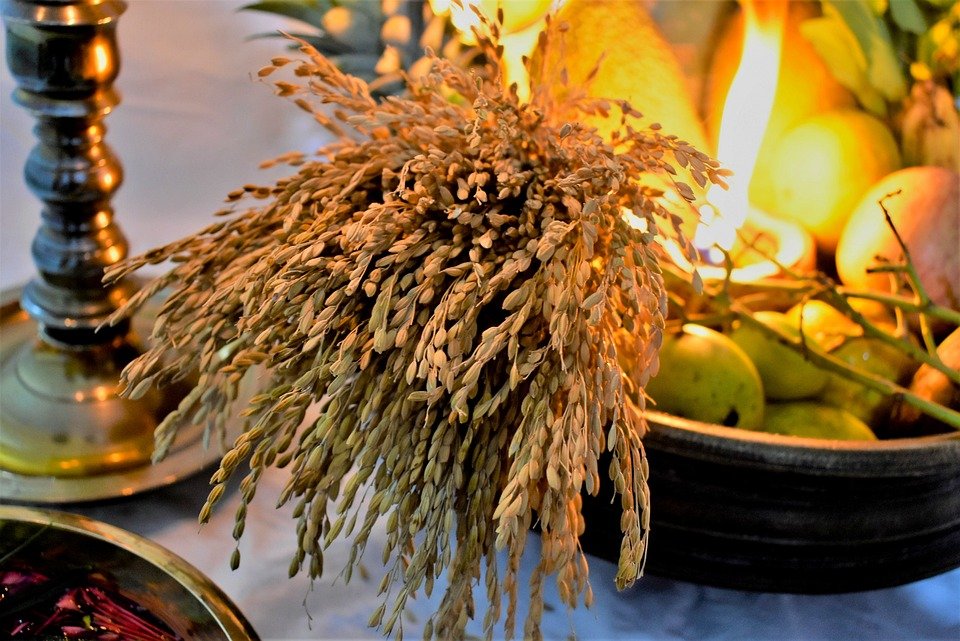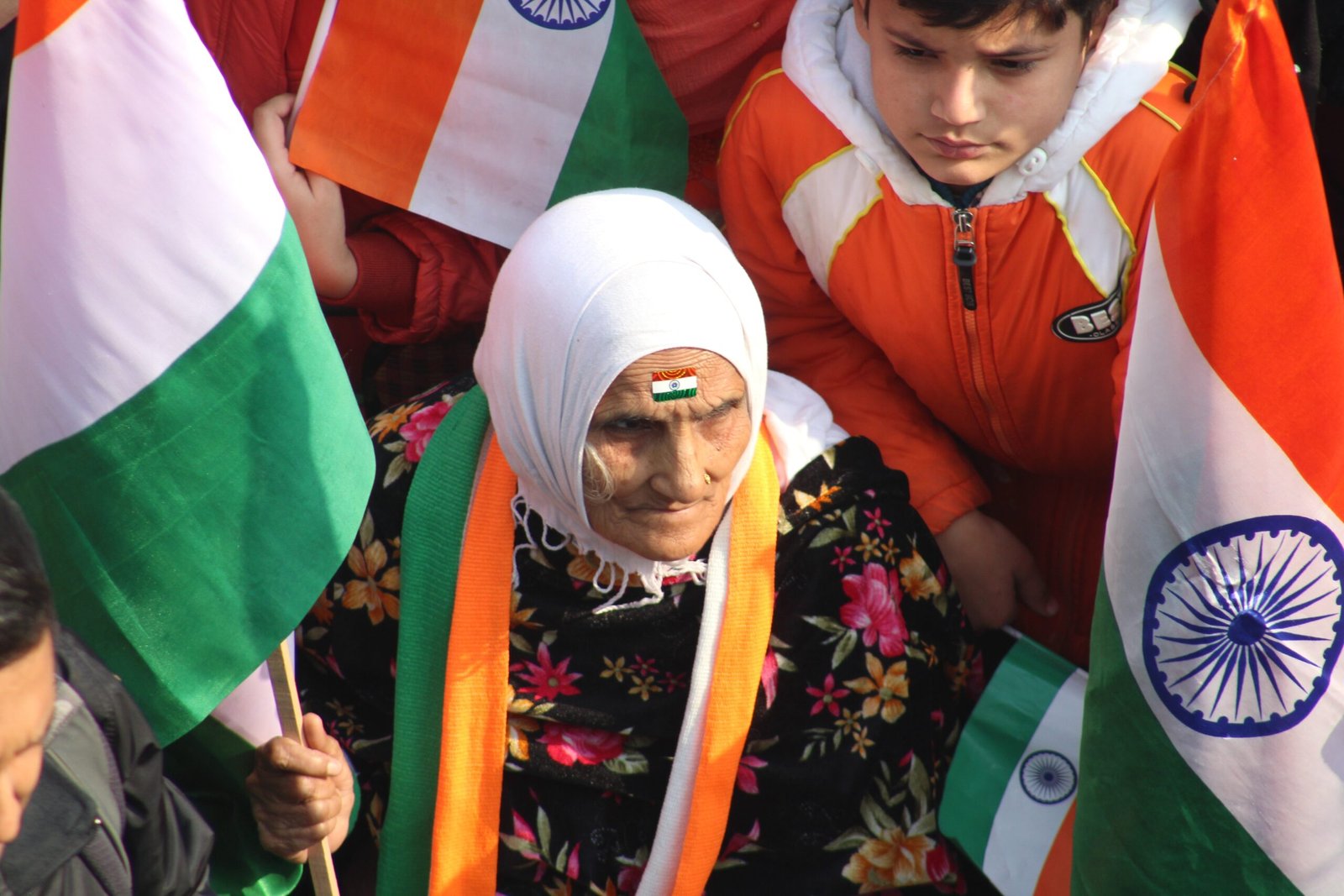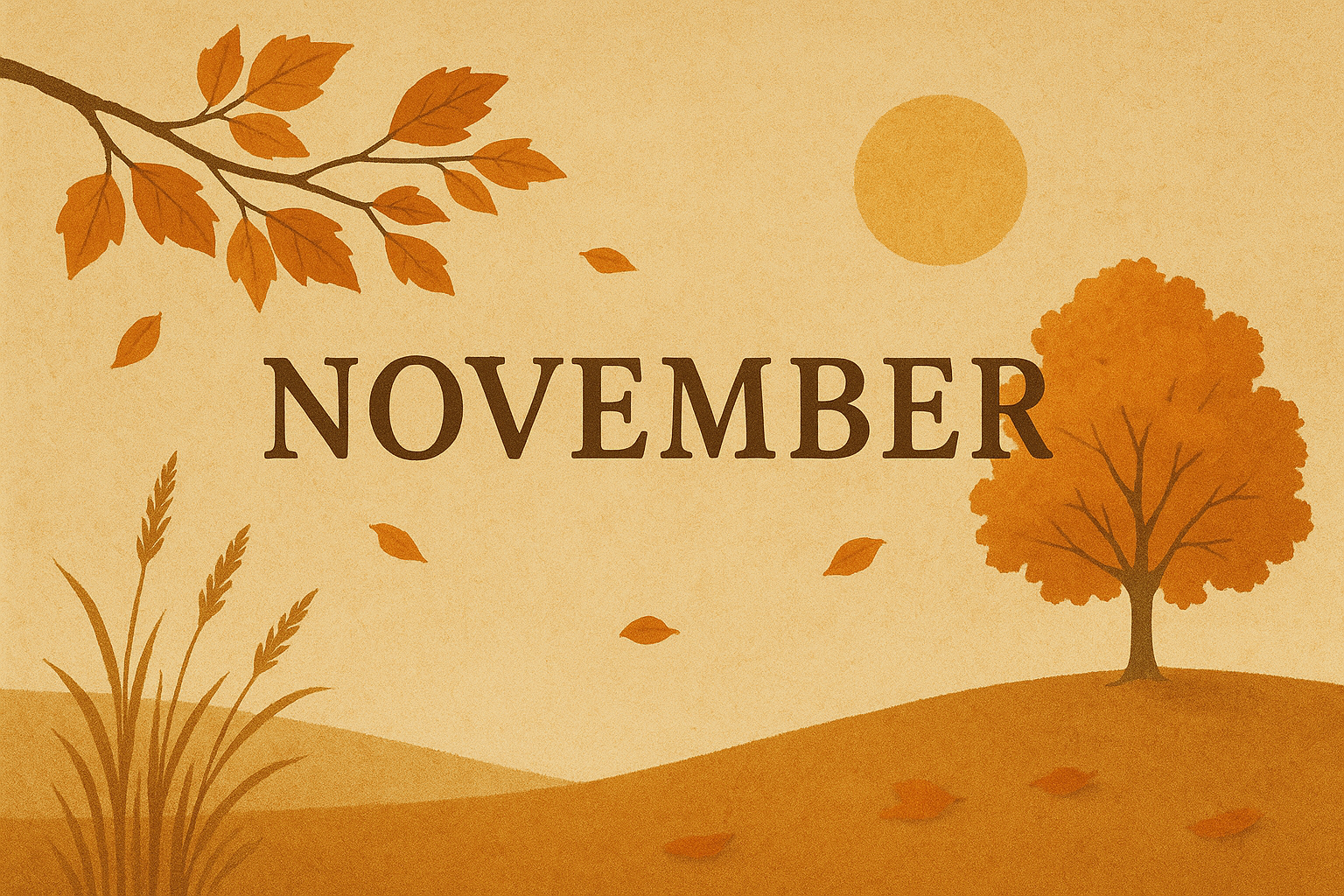As soon as the theme for April was announced on TSS, I knew that my post would be about Vishu. This year, it falls on April 15. However, before I begin, let me offer you a sneak peek into my ancestry.
Childhood experiences shape our religious views
I hail from a family of Palakkad Tamilians. The quaint town is situated in central Kerala and shares a border with Coimbatore in Tamil Nadu. Hence, there is a strong Malayali influence in our culture. Growing up in a fairly liberal household where the emphasis was on the simplicity of customs, my experiences in my childhood shaped my viewpoints on religious and spiritual practices.
Vishu is the astrological New Year of the Malayalis. On the previous day, Appa (my father) would go to Lake Market in South Calcutta and buy vegetables. By evening, our house resembled a mini-bazaar. Coconuts, plantains, mangoes, snake gourds, a massive jackfruit, and affordable fruits would be arranged neatly on the floor.
The rituals that ensured prosperity
After a light dinner, the much-awaited decoration of the kani (seeing items that symbolize prosperity as first thing in the morning)would begin. My grandmother would place our antique Belgian mirror on the ground, just below the wooden stand which housed our small assortment of Gods and Goddesses. With mounting excitement, I would arrange the vegetables on a huge vessel called the uruli. Amma would take out her silver bowls and heap fistfuls of rice and pulses onto them. A few coins were placed on the grains.
Never an early riser, I looked forward to waking up at the unearthly hour of 4 o’clock. Groggy-eyed, I would go to the room and look at the kani. The word Vishukkani means ‘that which is first seen on Vishu’. The belief goes that our day will begin on an auspicious note if we look at food grains and money, thereby signifying that these will be in abundance throughout the year.
My favourite part of Vishu would commence. Seeking the blessings of the elders, I would prostrate before them and receive a 1 Re or a 2 Rs coin. The custom is called kaineettam or ‘stretching one’s hand before someone’. In those days, it was nothing short of a treasure for me.

The people are gone, but the rituals continue as a remembrance
Decades have passed by. The grandparents and Amma are no more. The coins have been replaced by notes, and a few gold ornaments have found their place before the mirror. But I still derive joy in arranging the kani, and a sense of serenity envelopes me when I retire for the night. My enthusiasm for waking up at 4 am has not diminished one bit.
Rituals are not rigid, but dynamic. Adapt them to changing times.
My family not only believed in simplifying rituals but also tweaked them according to their convenience. I do the same. Since my husband and I have to rush to work, we arrange only a couple of vegetables before God and rustle up a simple meal. But something is amiss. Where are the blessings from the elders? I can give my right arm to travel back in time and relive those precious moments. That 1 Re coin holds more value than a crisp 500 Rs note.
Yes, rituals and customs are beautiful, also long as one is not pressured to observe them.

By Narayani V Manapadam
“Narayani is an IT Professional lost in the dreary world of Excel. When time permits, she loves to get lost in the maze of Word(s). But nothing makes her happier than being a cat momma to her beloved Uttam.”
She can be contacted at fraunara@gmail.com.














